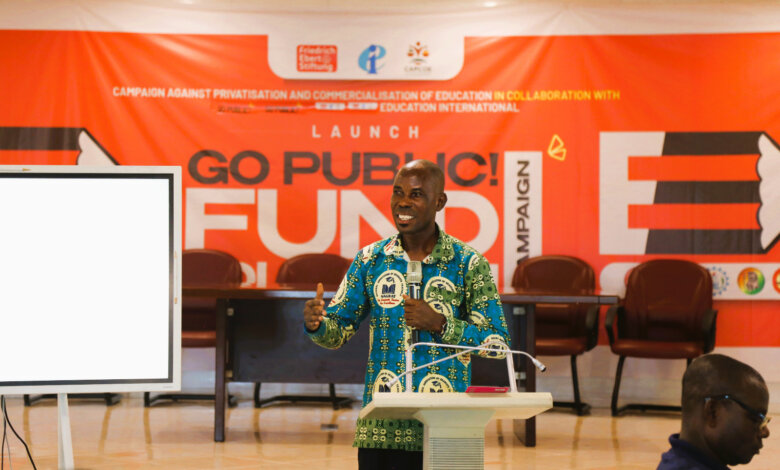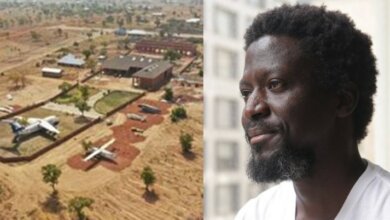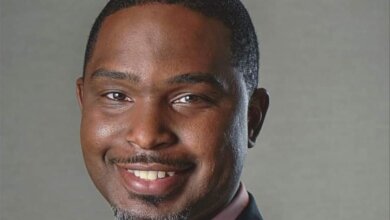Ghana’s ‘schools under trees’ need urgent action says CAPCOE

Across Ghana, over 5,400 basic schools still operate under trees or in makeshift structures, leaving thousands of children without shelter, desks, or trained teachers according to a report from Campaign Against Privatisation and Commercialisation of Education (CAPCOE).
The Ghanaian organisation advocating for stronger public education and addressing issues like inadequate facilities, overcrowded classrooms, and poor teacher motivation, indicated that many Ghanaian children remain in dire conditions, highlighting the country’s inequalities in access to quality education.
CAPCOE mentions that “a recent data shows that 1.2 million children aged 4–17 have never attended school in Ghana, with 30 dropping out each day,” a key factor it has associated to the country’s shortage of accessible, well-equipped schools, especially in rural areas.
One of the organisation’s major concerns has been the Ghanaian government’s “skewed budget priorities,” arguing that in 2023, only 20% of the Ministry of Education’s budget went to basic education, while tertiary institutions and administrative costs received the lion’s share.
“Advocates estimate GHS 3.5 billion is needed to end the ‘schools under trees’ crisis. They argue that better use of the Ghana Education Trust Fund (GETFund) could have resolved the issue between 2021 and 2024,” said CAPCOE.
With Parliament approving GHS 800 million for basic education in 2024, the highest in seven years, “there’s renewed hope.” Civil society groups are also urging the government to prioritize deprived communities and redirect oil revenues toward foundational education.
“Beyond the numbers are real children whose dreams are at stake because of all the odds stacked against them,” said CAPCOE.
There is growing consensus among civil society organisations such as CAPCOE, EDUWATCH, Education International (EI) and the Frederich Egbert Foundation (FES) that ending the practice of teaching and learning under trees is a necessity.
“As Ghana positions itself as a leader in West Africa, calls are mounting for the country to put its youngest citizens first. Education, they say, is a right, not a privilege, and the time to act is now,” said CAPCOE.

Abeeb Lekan Sodiq is the Managing Editor of theafricandream.net, a pan-African news website subsidiary of US-based TheAfricanDream LLC. He is also a Human Resource Practitioner, and a freelance Graphics Designer. He has worked with prominent personalities, including ambassadors, secretariats, international organisations, universities, celebrities, NGO, and media firms.





